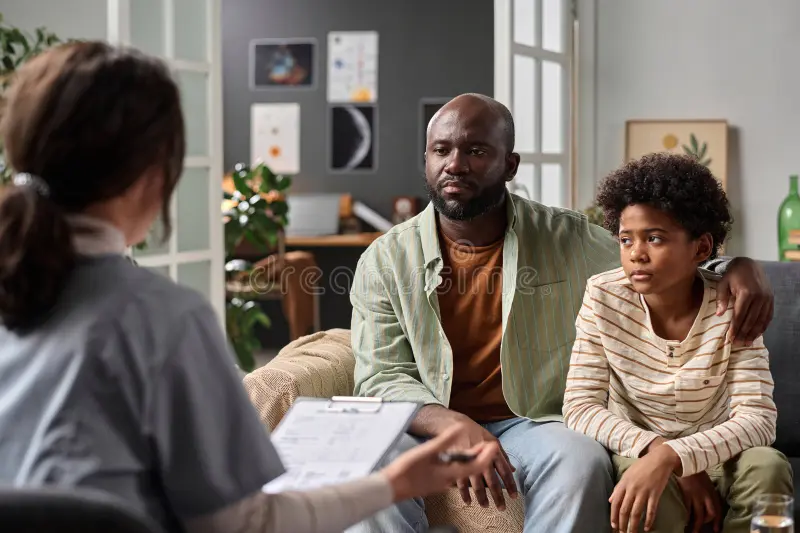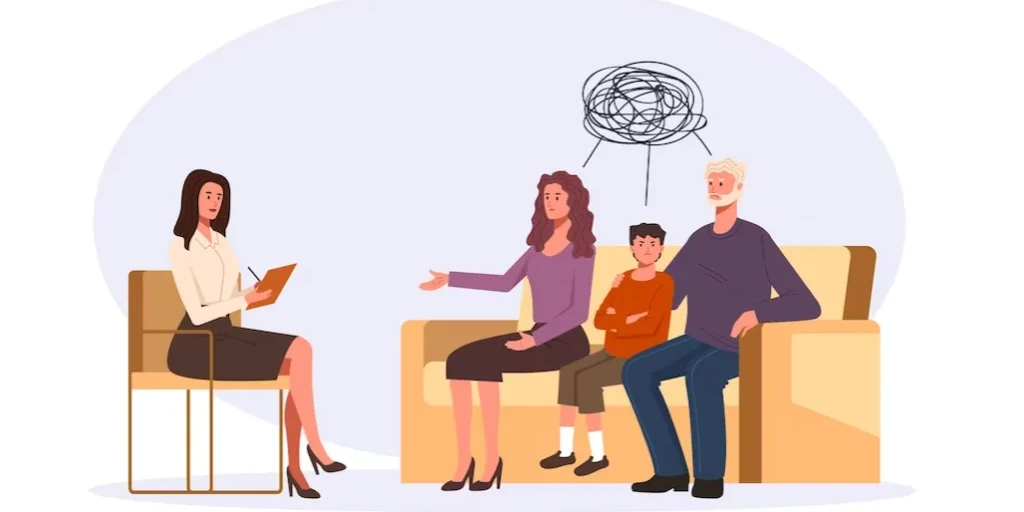24/7 Helpline:
(866) 899-221924/7 Helpline:
(866) 899-2219
Learn more about PTSD Treatment centers in Mc Bride
PTSD Treatment in Other Cities

Other Insurance Options

Ceridian

Amerigroup

BHS | Behavioral Health Systems

Access to Recovery (ATR) Voucher

BlueCross

Magellan

Absolute Total Care

Lucent

Covered California

Health Partners

Optum

Self-pay options

Highmark

Choice Care Network

Premera

Regence

Excellus

Providence

Group Health Incorporated

Magellan Health










































